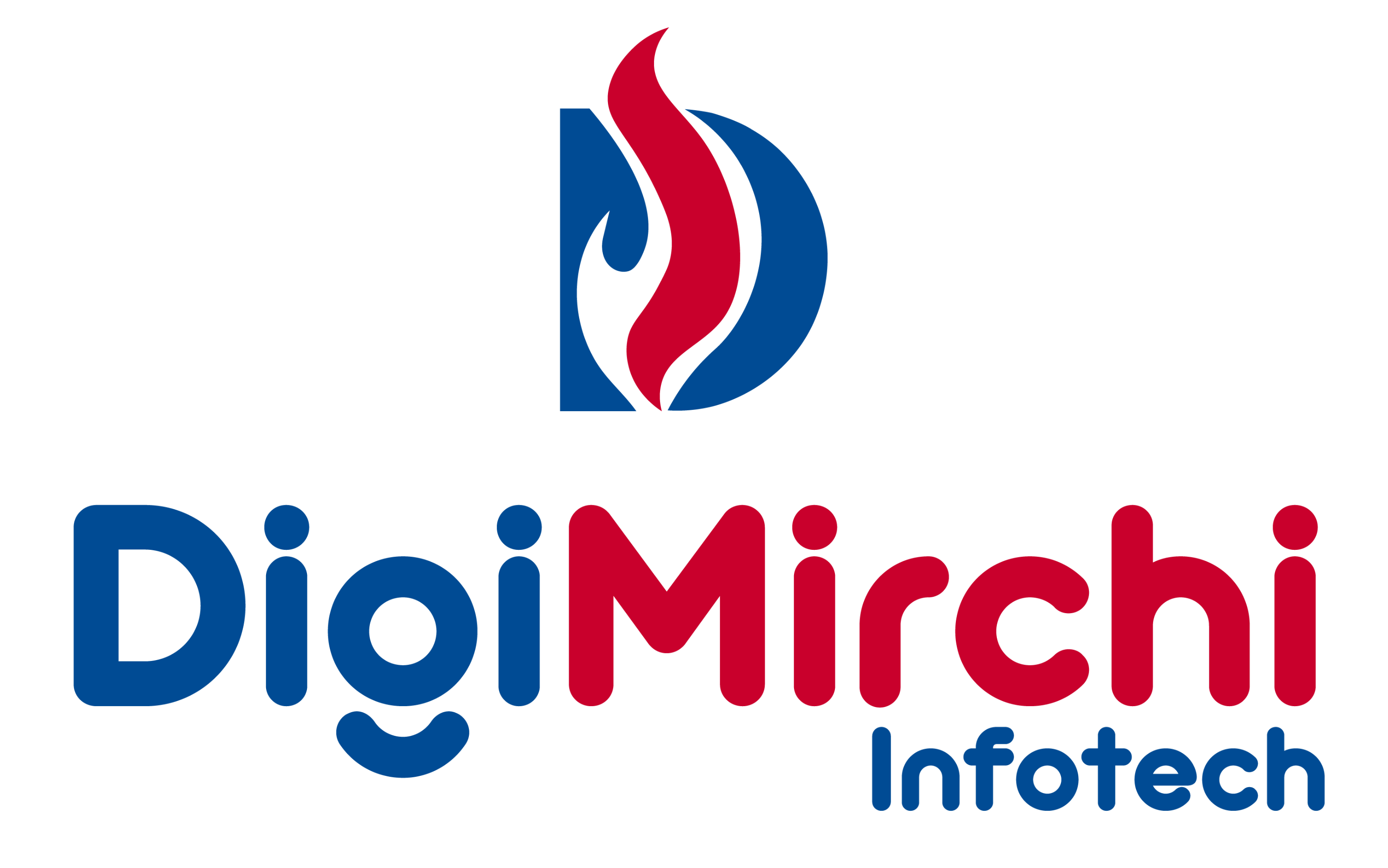The Art of Odoo Customization
Odoo's flexibility is one of its greatest strengths, allowing businesses to tailor the platform to their unique requirements. However, with great power comes great responsibility. Poor customization practices can lead to maintenance nightmares, upgrade complications, and performance issues. Understanding and implementing best practices for Odoo customization ensures your system remains maintainable, scalable, and upgrade-friendly.
This comprehensive guide shares expert insights on customizing Odoo effectively, from module architecture to coding standards, helping developers and businesses make informed decisions about extending their Odoo implementation.
Configuration Over Customization
Leverage Built-in Flexibility: Before writing custom code, thoroughly explore Odoo's standard configuration options. The platform offers extensive customization through Studio (in Enterprise edition), custom fields, automated actions, server actions, and report configurations. Many business requirements can be met through configuration alone, avoiding the need for custom development.
Use Computed Fields Wisely: Odoo's computed fields provide powerful data transformation capabilities without database modifications. However, use them judiciously as complex computations can impact performance. Always consider storing computed values when they're frequently accessed, using the store=True parameter appropriately.
Automated Actions and Scheduled Tasks: Utilize Odoo's automated actions for business logic that triggers on record creation, update, or deletion. For recurring processes, scheduled actions provide cron-like functionality without external dependencies. These configuration-based approaches maintain upgradability while delivering powerful functionality.
Module Development Best Practices
Modular Architecture: Create custom modules that are focused and independent. Each module should address a specific business need or feature set. This modularity facilitates easier maintenance, testing, and selective deployment. Use proper module dependencies to declare relationships between custom and standard modules clearly.
Inheritance Over Modification: Never modify Odoo's core code directly. Instead, use Odoo's powerful inheritance mechanisms to extend functionality. Model inheritance (classical, extension, and delegation) allows you to add fields and methods to existing models. View inheritance enables interface modifications without touching original views. This approach ensures your customizations survive upgrades.
Naming Conventions: Follow consistent naming conventions for modules, models, fields, and functions. Prefix custom modules with your company identifier or project code. Use descriptive, meaningful names that clearly indicate purpose. For example, 'x_digimirchi_custom_invoice_report' is preferable to 'custom_report_1'. Proper naming prevents conflicts and improves code readability.
Code Quality and Standards
Follow OCA Guidelines: The Odoo Community Association (OCA) provides comprehensive coding guidelines that represent industry best practices. These cover Python code style (PEP 8 compliance), XML formatting, JavaScript standards, and Git commit conventions. Adhering to OCA guidelines ensures your code is professional, maintainable, and community-compatible.
Implement Proper Error Handling: Write defensive code that gracefully handles errors. Use try-except blocks appropriately, validate user inputs, and provide meaningful error messages. Log important events and errors to facilitate debugging. Well-handled errors improve user experience and system reliability.
Performance Optimization: Write efficient code by minimizing database queries, using proper indexing, and avoiding unnecessary computations. Leverage Odoo's ORM efficiently with read(), search_read(), and browse() methods. Use SQL queries sparingly and only when ORM performance is genuinely inadequate. Remember that premature optimization is counterproductive, but awareness of performance implications is essential.
Data Management and Security
Respect Security Groups: Implement proper access rights using Odoo's security framework. Define record rules for data access control and menu access rights for interface visibility. Never bypass security mechanisms for convenience. Proper security implementation protects data integrity and ensures compliance with privacy regulations.
Data Validation: Implement comprehensive data validation at multiple levels. Use Odoo's constraint decorators (@api.constrains) for business rule validation. Validate user inputs in forms and APIs. Proper validation prevents data corruption and ensures business logic integrity.
Testing and Documentation
Write Comprehensive Tests: Implement unit tests for custom business logic and integration tests for module interactions. Odoo provides a robust testing framework that should be utilized. Automated tests catch regressions early, facilitate refactoring, and serve as documentation for expected behavior.
Document Your Code: Write clear docstrings for classes and methods. Document complex business logic, algorithms, and non-obvious implementations. Maintain a README file for each module explaining purpose, functionality, dependencies, and configuration. Good documentation helps current and future developers understand and maintain the code.
Upgrade Strategy and Maintenance
Plan for Upgrades: Design customizations with future Odoo upgrades in mind. Minimize dependencies on internal APIs that might change between versions. Keep customizations simple and well-documented to facilitate migration. Test custom modules against new Odoo versions early in the release cycle.
Version Control: Use Git for version control of all custom modules. Maintain separate branches for different Odoo versions. Implement proper code review processes before merging changes. Version control is essential for collaboration, rollback capability, and deployment management.
Partner with Odoo Experts
Effective Odoo customization requires deep platform knowledge, development expertise, and understanding of business processes. At DigiMirchi Infotech, our certified Odoo developers follow these best practices rigorously, ensuring customizations are robust, maintainable, and aligned with your business objectives.
Whether you need custom module development, existing customization review, or guidance on Odoo development practices, our team brings the expertise to deliver quality solutions. Contact us to discuss how we can help you customize Odoo effectively while maintaining system integrity and upgradability.






